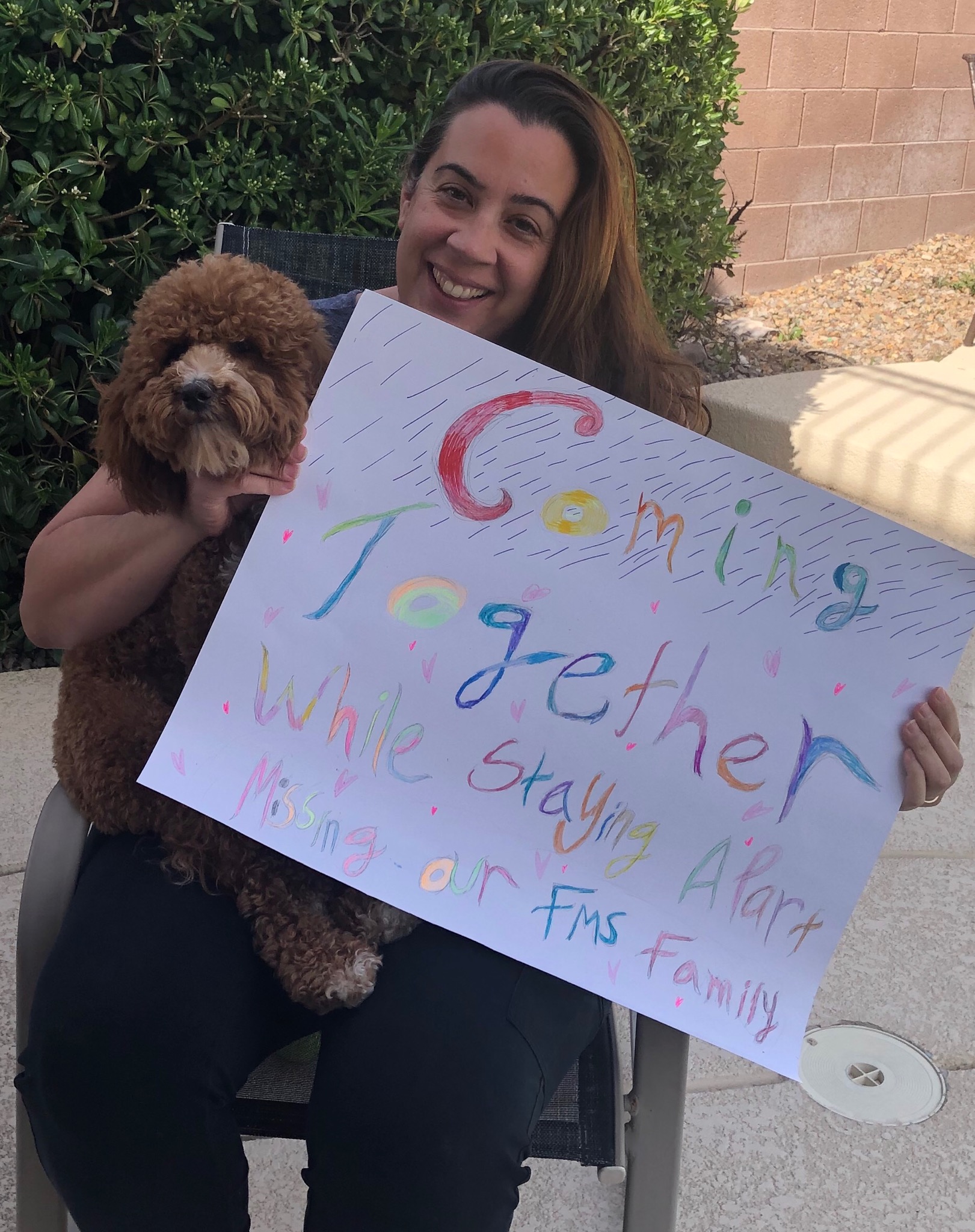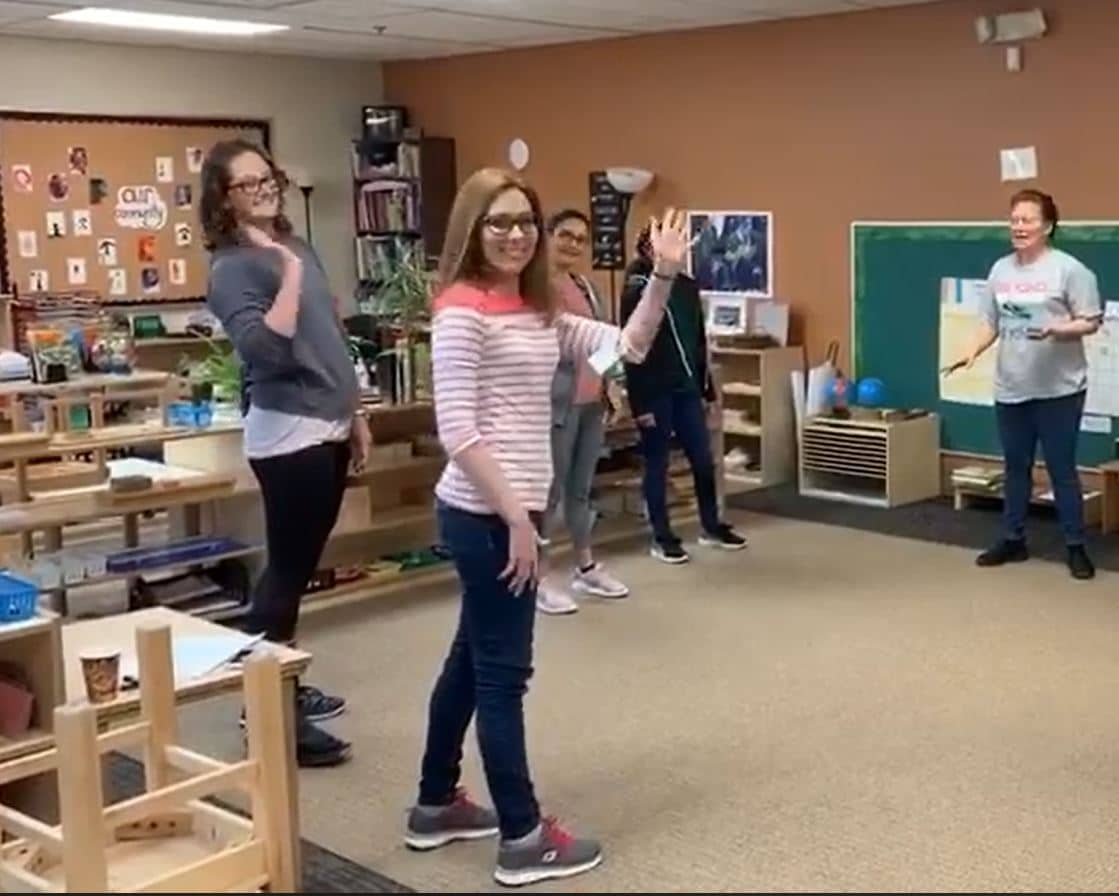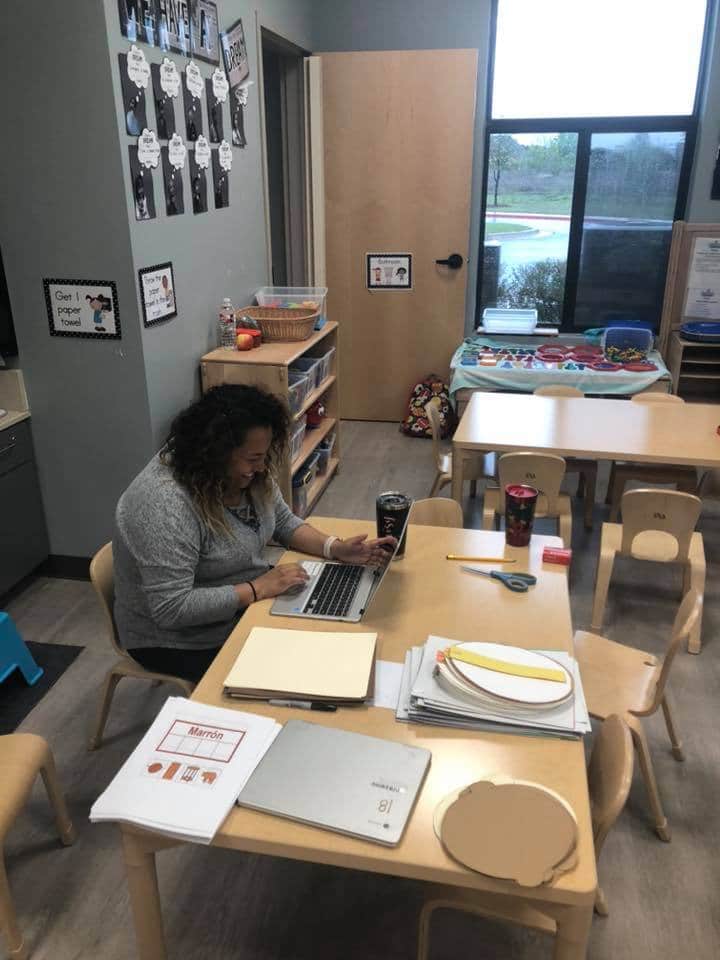
How Endeavor Schools Quickly Created Virtual Classrooms for Thousands of Children
The coronavirus has forced millions of children around the country into an at-home, virtual learning environment. Under the guidance of its education experts, Endeavor Schools is offering students a rich and varied at-home curriculum, live and recorded online classes, and regularly scheduled one-on-one sessions with teachers for students and parents.
“Our goal is to do everything we can to create an effective, at-home learning environment that continues and advances the high-quality education students were receiving before the coronavirus school closures,” said Dr. Amy Brereton, the Vice President of Academics at Endeavor Schools.
Teachers across the Endeavor School network, which includes 53 schools in 12 states, are creating videos and hosting livestreams for student lessons. They create weekly lesson plans and follow-up with students and teachers throughout the week for personal instruction, work review, or just to answer questions students or teachers have.
In addition, teachers are also coordinating social time on Zoom so children can talk with their classmates, have a snack or eat lunch with each other. This offers children social time they might not get otherwise due to social distancing.
Unlike education at high school level and above, early childhood education isn’t commonly taught online. However, Endeavor Schools’ teachers and academic leaders have led a company-wide effort to create virtual classrooms that are effective and engaging for young children.
This effort includes the rapid creation of high-quality lesson plans, videos, and technical support for teachers to conduct online instruction. In addition, new schedules for lessons, weekly online parent-teacher conferences, as well as one-on-one instruction for students have all been created on short notice to ensure children do not miss out on their education.
One reason Endeavor Schools has been able to make the transition so quickly and effectively is because its teachers know their students well and understand what would be needed to transition to an at-home learning situation.
“It is truly remarkable that none of our teachers were trained to teach remotely, but when you love children, know them well, and understand their developmental needs, you can create something really beautiful that supports children in just the way they need,” said Lee Lanou, the Director of Montessori Education at Endeavor Schools.
Maintaining a Montessori Experience in a Virtual Classroom

Teachers at Foothills Montessori School in Henderson, Nevada greet children during an online class.
Montessori instruction normally relies on a hands-on, collaborative educational environment with limited screen time, which is difficult to maintain under the coronavirus circumstances. However, Endeavor Schools’ Montessori teachers have adjusted.
“We’re doing the best we can, and teachers are finding creative ways to make it fun,” said Karen Kolb and Kim Gallagher, the school leaders at Foothills Montessori School, where they serve 3 year olds through 8th graders in Henderson, Nevada.
One way to do that is by combining hands-on instruction with a virtual classroom.
Before schools closed around the country, Foothills Montessori School’s middle school class was supposed to dissect cow eyeballs to learn about anatomy and the nervous system. But instead of ditching the dissection, one Foothills Montessori School teacher sent the eyeballs to each student and conducted the dissection class online in real time. Students followed along and dissected at home.
Although a virtual classroom might normally go against Montessori ideals, the current situation might accommodate an important Montessori ideal, which is teaching children independence. Whether it’s a 3-year-old preparing a small meal for themselves or a 7th grader sticking to a strict study schedule without having to be reminded to do so, children are taking more responsibility for their education and, as a result, becoming more independent.
“Some parents have told me, ‘Oh my gosh. I can actually see my child becoming more independent by the day,’” Kolb said.
Supporting Parents and Educating Children

A teacher at Foothills Montessori talks to her students via video conferencing.
Many parents are experiencing additional stress in their lives due to the extra burdens caused by the coronavirus pandemic. That’s why Endeavor Schools is working to help alleviate some of that stress by providing a full-time education for children with a support network available for parents who have any questions about helping their child learn at home.
Teachers at Foothills Montessori School, and other schools within the Endeavor School family, make sure to maintain lines of communication with parents by scheduling conferences via Zoom, Facetime, or just over the phone. Kolb says one of the keys here is to be proactive and reach out to parents whenever possible to ensure that they know support is available and their children’s teachers are still there to help.
“We’re making sure we can make their life easier,” Kolb said.
Lee Lanou, the Director of Montessori Education at Endeavor Schools, points out that teachers are also doing what they can to prevent parents from feeling overwhelmed because that can add stress to children’s lives, too.
“This is a time of huge stresses for parents and children pick up on that,” Lanou said. “The last thing that we want to do is to add more stress on them during this time. We offer them a loose schedule that mimics what the child’s day might be like at school and offer them activities they can do within the course of a week. We encourage free play time and independent exploration for learning, as well.”
“Lots of self-care is important,” Kolb added. “Putting things and tasks on the list like taking a walk, getting outdoors, taking brain breaks. Both adults and children need them.”
“I think it’s important to remember that this is a health crisis, not an educational crisis,” Lanou said. “All of us – children, parents, and teachers – have been taken out of our elements. How children feel during this time is what will stick with them. We need to keep that in mind.”
